Description:
phenylbutazone, chemically called 4-butyl-1, 2-diphenyl-3, 5-pyrazolidinedione, C19H20N2O2, is a white or white crystalline powder that acts on the central nervous system, odorless, slightly bitter. Readily soluble in acetone or chloroform, soluble in ethanol or ether, almost insoluble in water, soluble in alkali hydroxide solution.
Application:
Budesonide is a glucocorticoid drug widely used in the medical field. It is an anabolic steroid hormone commonly used to control and treat chronic inflammatory diseases, especially respiratory and gut-related diseases. Here are some of the main applications of Butazone:
1.Bronchial asthma: Butazone is commonly used to treat bronchial asthma and can be administered as an inhalant, orally or intravenously. It can reduce the symptoms of asthma attacks, relieve airway inflammation, and improve the function of the respiratory tract.
2.Rhinitis: Butazone nasal spray is often used to treat allergic rhinitis and non-allergic rhinitis. It can reduce the symptoms of rhinitis such as nasal congestion, runny nose and sneezing and reduce the inflammatory response in the nasal cavity.
3.Crohn's disease: Butazone oral is often used to treat Crohn's disease, a chronic inflammatory bowel disease. It can reduce intestinal inflammation caused by Crohn's disease, relieve abdominal pain, diarrhea and other symptoms.
4.Ulcerative colitis: Butazone can also be used to treat ulcerative colitis, it can reduce colon inflammation, reduce diarrhea, abdominal pain and other symptoms, and promote the repair of colon mucosa.
It is important to note that butazone is a prescription drug and must be used appropriately under the guidance of a doctor. Use should follow the doctor's advice, according to the indicated dosage and use method of application. At the same time, butazone may have some side effects, such as dry mouth, throat irritation, cough, etc., so pay attention and communicate with the doctor in time during use.
 call us :
call us :  send a message :
send a message : 









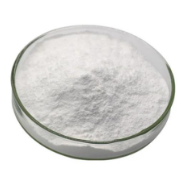
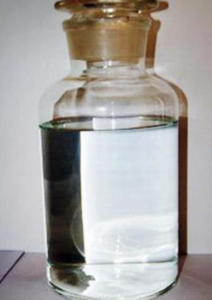
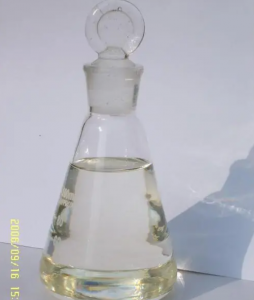
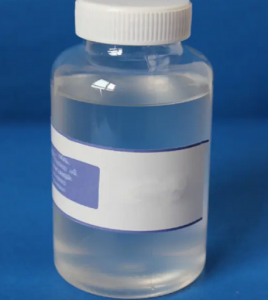
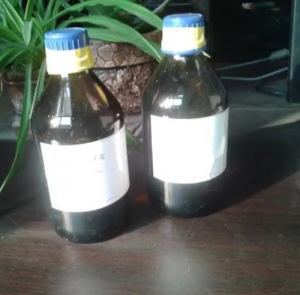
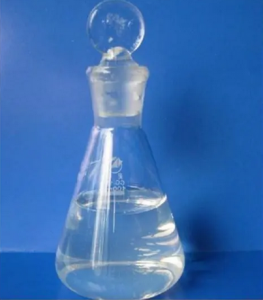













 online service
online service +8613866722531
+8613866722531

 +8613866722531
+8613866722531